News about fair fisheries, healthy seas and vibrant fishing communities
Public Consultation on the Revision of the Marine Strategy Framework Directive
The European Commission has opened a public consultation in view of the forthcoming revision of the Marine Strategy Framework Directive (MSFD). The revision seeks to reinforce the protection of marine ecosystems, streamline implementation across Member States, and better reflect operational realities at sea. Links to the evaluation of the MSFD and its summary can be found here.
Importantly, the revision process will be closely aligned with the development of the European Ocean Act, with the objective of improving policy coherence and promoting a more integrated approach to ocean governance and the sustainable management of marine resources.
Fishers, coastal communities and a broad range of marine stakeholders are strongly encouraged to contribute to the consultation and ensure that practical experience from the water is adequately reflected in future EU policy.
Deadline for contributions: 9 March 2026
28/10 Progressing the Make Fishing Fair Agenda
 LIFE’s President Gwen Pennarun and the Secretariat, together with our partner organisation Blue Ventures, met with Costas Kadis and his Cabinet to advance discussions under the Make Fishing Fair agenda. The exchange focused on identifying concrete follow-up actions to the Make Fishing Fair Roadmap and on advocating for the inclusion of a dedicated Action Plan on Small-Scale Fisheries within the forthcoming EU Ocean Act.
LIFE’s President Gwen Pennarun and the Secretariat, together with our partner organisation Blue Ventures, met with Costas Kadis and his Cabinet to advance discussions under the Make Fishing Fair agenda. The exchange focused on identifying concrete follow-up actions to the Make Fishing Fair Roadmap and on advocating for the inclusion of a dedicated Action Plan on Small-Scale Fisheries within the forthcoming EU Ocean Act.
This meeting followed the mobilisation held in Brussels in November 2025, where 50 small-scale fishers from 16 Member States, alongside decision-makers, civil servants, civil society organisations and industry stakeholders, gathered to call for fairer fisheries policies and recognition of small-scale fisheries at EU level. On that occasion, Commissioner Kadis publicly committed to making small-scale fisheries a priority of his mandate, as reflected in the European Ocean Pact.
During the follow-up discussions, the Make Fishing Fair team — composed of LIFE and Blue Ventures staff — reiterated the need to translate these political commitments into concrete policy action. In particular, we called for a dedicated Action Plan on Small-Scale Fisheries to be included in the EU Ocean Act as a key target, ensuring clear objectives, timelines and measurable outcomes for fishing communities.
While Commissioner Kadis showed openness to our proposals and engaged constructively with our demands, discussions also highlighted the persistent challenge of shared competences between EU institutions and Member States. Without effective implementation at national level, there is a real risk that progress will stall and the current status quo will persist.
LIFE remains determined to continue this work, both at EU and Member State level, to ensure that commitments under the Ocean Pact lead to tangible improvements for small-scale fishers and contribute to a fairer, more sustainable European fisheries policy.
11/12 A New Vision for Fair, Low-Impact Fisheries in Europe
LIFE and Seas At Risk have published A Vision for Fair, Low-Impact Fisheries in Europe, a document developed by a multi-disciplinary group of stakeholders to reflect the realities of fishing communities and to set out a shared direction for the future of European fisheries. The document calls for a just transition towards low-impact fishing practices that restore fish stocks, support coastal livelihoods and ensure fair access to resources.
The publication was formally presented at the Rethinking Fisheries event, held in the European Parliament under the guidance of MEP Thomas Bajada (S & D) and facilitated by LIFE Executive Secretary Marta Cavallé and Seas At Risk Marine Director Tobias Troll. The event brought together fishers, scientists, civil society organisations and EU policymakers to discuss the vision’s key messages and policy implications.
A testimony from André Dias, a LIFE member from the Algarve in Portugal, highlighted the daily challenges faced by small-scale fishers, while scientific contributions from Didier Gascuel and Cristina Brice-Pita outlined the cultural, ecological and governance shifts required to deliver the transition set out in the document.
The discussion concluded with reflections from DG Mare on how the vision can inform work towards a 2040 outlook for EU fisheries and the development of a “regenerative blue economy”.
LIFE and Seas at Risk will continue disseminating this document and presenting it to concerned stakeholders and decision-makers, especially with a view of guiding the new 2040 Vision which will be produced by the European Commission/DG Mare in the upcoming months.
10/12 LIFE General Assembly: Leadership, Priorities and New Initiatives
LIFE held its General Assembly with strong participation from across the membership, reflecting the diversity and commitment of the network. Full and Associate Members, observers and LIFE staff took part.
The Assembly was formally opened by Gwen Pennarun, who was re-elected as President of LIFE, reaffirming the confidence of members in his leadership and continued mandate.
The General Assembly also discussed key strategic initiatives that will shape LIFE’s work in the coming period. These included the establishment of a Participative Guarantee System for Small-Scale Fisheries, aimed at strengthening recognition, trust and value for small-scale producers, as well as the launch of a Youth Network within LIFE, designed to engage young fishers and emerging fisheries leaders and to support generational renewal in the sector.
Looking ahead, members contributed actively to defining LIFE’s priorities for 2026, identifying shared challenges and areas for action. Core themes included the definition and recognition of small-scale fisheries, access to resources and fishing opportunities, maritime spatial planning, climate change impacts, generational renewal, and the need to better document and communicate the realities of small-scale fishing communities.
The General Assembly reaffirmed LIFE’s collective commitment to strengthening the voice of small-scale fishers and advancing fair and sustainable fisheries policies across Europe.
5/12 Restoring Fish Stocks: Science Must Deliver Recovery
Restoring Europe’s fish stocks and marine ecosystems must become an urgent political priority. For LIFE, this starts with fisheries management that genuinely applies the best available science, as required under the Common Fisheries Policy (CFP).
Despite the CFP’s clear obligation to rebuild stocks above Maximum Sustainable Yield (MSY) levels, EU fisheries management has repeatedly fallen short. A key issue lies in how ICES scientific advice is produced and applied. Biological reference points have too often been treated as targets rather than safeguards, while important ecosystem dynamics remain insufficiently reflected in stock assessments. This has contributed to persistent low biomass levels and repeated stock declines across European waters.
Via an exchange of letters with DG Mare, LIFE is calling for a review of how ICES advice is developed and used, stronger ecosystem-based assessments, and management plans that actively support stock recovery. Reforming the EU–ICES framework is a necessary step to restore abundance, strengthen coastal fisheries and secure long-term sustainability.
LIFE has raised these concerns directly with the European Commission and stands ready to contribute to reforms that can deliver healthy seas, resilient fish stocks and viable coastal livelihoods.
10/12 Joint Call for Recovery-Oriented Fisheries Advice
Ahead of the 2025 December Fisheries Council, LIFE joined recreational fishers and environmental NGOs in urging the European Commission to rethink how scientific advice on fishing opportunities is requested and used. In a joint letter to Commissioner Kadis, we call for fishing limits and underlying science to fully align with EU law and the objectives of the European Ocean Pact.
With several once-abundant fish stocks across European sea basins in decline, LIFE stresses the need for precautionary, ecosystem-based scientific advice that prioritises stock recovery. The upcoming renewal of the Commission’s agreements with ICES offers a key opportunity to ensure future advice supports rebuilding efforts and greater stakeholder involvement.
LIFE stands ready to engage with the Commission to help advance sustainable fisheries, healthy marine ecosystems and resilient coastal communities.
11/12 LIFE Stands with French Fishers in Call for Fairer Bluefin Tuna Allocation
Together with French small-scale fisheries organisations, we have addressed the French Minister of the Sea and Fisheries, Catherine Chabaud, to call for a fairer allocation of the newly increased bluefin tuna quota.
While welcoming the confirmed recovery of Mediterranean bluefin tuna and the resulting quota increase for 2026–2028, we underline that allocation based solely on historical catches continues to exclude most small-scale, low-impact fishers.
We are calling for an adjustment of allocation rules so that small-scale fleets, which play a vital role in coastal communities and marine stewardship, can access this vital resource. Even a limited rebalancing would strengthen small-scale fisheries while supporting traditional governance systems such as the Prud’homies.
12–14/1 LIFE Team Strategy Meeting
The LIFE team gathered for a multi-day Strategy Meeting to take stock of recent achievements and to identify strategic priorities for the coming period.
The meeting offered an important opportunity to strengthen internal cohesion, ensure strategic alignment, and collectively chart the way forward. Exchanges confirmed our shared determination to further amplify the representation of low-impact fishers at European level and to continue promoting more equitable and sustainable fisheries governance.
10/1 Implementation of the EU Fisheries Control Regulation
On 10 January, key provisions of the revised EU Fisheries Control Regulation entered into force for fishing vessels exceeding 12 metres in length. All such vessels will be tracked, and electronic logbooks will be required to record catch data, including sensitive species by-catches. Mandatory digital, paperless, and traceable workflows for fishery products to combat illegal, unreported, and unregulated (IUU) fishing will apply.
Although the new provisions will not apply to small-scale vessels (under 12 metres) until 2028, fishers across Spain mobilised in demonstrations and a general strike organised by the inshore fishing sector. These actions reflect concerns that certain elements of the Regulation, as currently framed, could lead to excessive administrative requirements, added bureaucracy and potential safety implications at sea, without delivering proportional benefits in terms of effective fisheries control.
21–23/1 Stakeholder meetings with ICES regarding scientific advice
At the annual meetings between ICES and stakeholders from the Advisory Councils there were extensive discussions regarding the scientific advice process. The EU Commission announced that there will be a specific Baltic project that they will fund in order to develop rebuilding advice for the sea basin due to the poor status of most fish stocks. ICES presented information that showed more stocks than ever before are in very poor condition, with biomass levels below the lowest reference threshold. Moving forward they are looking to develop and integrate ecosystem and climate informed advice on fish stocks although there is not yet a scientific consensus on how this would look. The current advisory system has been particularly unsuccessful in contributing to the recovery of stocks that have collapsed or suffered from serious declines although ICES remains confident that their advice process still works well when stocks are in good shape, although climate change and changes in stock productivity add a layer of uncertainty.
26/1 Agriculture and Fisheries Council: Cyprus takes over Presidency of the EU, presents 6 month work programme and priorities
According to Maria Panayiotou, Minister of Agriculture, Rural Development and Environment of the Republic of Cyprus: “Agriculture, fisheries and aquaculture are at the core of the priorities of the Cyprus Presidency. Our aim is to strengthen the competitiveness, sustainability and attractiveness of the European agricultural and fisheries sector”.
She emphasised that agriculture and fisheries are vital economic drivers that sustain Europe’s rural and coastal communities, ensure a stable supply of safe, high-quality food for all citizens while supporting strategic autonomy, environmental management, and the resilience of local regions. Priorities include: promoting a fair, competitive and sustainable primary production sector, taking forward a comprehensive approach to the future common agricultural policy (CAP) and of the common fisheries policy (CFP). Support for farmers and fishers was also referred to, as they face climate impacts, market disruptions, animal and plant health risks and rising production costs – all of which threaten the stability and viability of these critical sectors.
26–27/1 Small-Scale Fishers of Mediterranean France Meet EU Decision-Makers
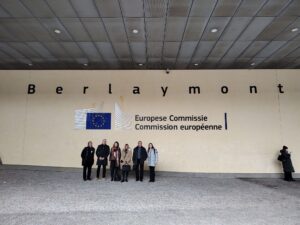 A delegation from the Fishing Prud’homies of Mediterranean France visited Brussels to engage in discussions with Commissioner Costas Kadis and Members of the European Parliament. The meetings addressed the pressing challenges faced by small-scale fisheries and coastal communities.
A delegation from the Fishing Prud’homies of Mediterranean France visited Brussels to engage in discussions with Commissioner Costas Kadis and Members of the European Parliament. The meetings addressed the pressing challenges faced by small-scale fisheries and coastal communities.
Central to the exchanges was the call for official recognition of the Prud’homies in their own right as long-standing structures with a proven track record of good governance supporting low-impact fishing practices. Additional priorities included safeguarding fisheries polyvalence, securing equitable access to fishing opportunities, and reducing the regulatory and administrative burden borne by small-scale operators.
29/1 Committee of the Regions Consultation on the European Ocean Pact
LIFE took part in a roundtable discussion convened by the European Committee of the Regions on the opinion entitled “The Common Fisheries Policy, the European Ocean Pact and the Union’s maritime and aquaculture policy within the National and Regional Partnership Fund”, hosted by Rapporteur Thibaut Guignard.
The discussion brought together representatives from regional authorities, the fishing and aquaculture sectors, and non-governmental organisations. Many contributors emphasised the importance of allocating dedicated funding to small-scale operators — including fishers, mussel producers and their representative organisations — in order to address the ageing state of the fleet, enhance competitiveness, support generational renewal and improve access to public financial instruments. The restoration of fish stocks was also highlighted as a core prerequisite for the long-term resilience of the sector. LIFE took the opportunity to call for an Action Plan on Small-Scale Fisheries to be an integral part of the Ocean Act as the last possible chance to revitalize the small-scale sector, at high risk of completely disappearing in the next few years.
Round goby project
Work has continued on evaluating the results of test fishing conducted by LIFE members together with scientists. New, selective gear have been designed and trialled with catches from a variety of gears being evaluated. In addition, interviews have been carried out that will inform a business case study that will be compiled during 2026. Policy work summarising the barriers preventing the fishery for round goby, an invasive species, expanding throughout the Baltic is taking place in parallel to the other activities. Finally, fish buyers such as processors, restauranters and local government kitchens have been utilising and testing the product.
Coming up
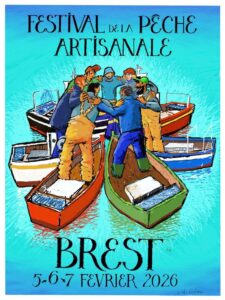
5-7/2 Brest, France : Festival de la pêche artisanale
17/2 Brussels, Belgium: Second High-Level Conference on Energy Transition for the EU fisheries and aquaculture Sector
Press Review
An important new report on “Assessing the impact of seafood imports on EU self-sufficiency” has been published by the European Parliament Pech Committee
Fishermen in northern Norway are waiting for decisions from the authorities on opening a fishery for invasive Pacific pink salmon.
A French court has upheld an appeal by small-scale fishermen’s organisations in Brittany that hinges on the definition of a four-door trawl rig as demersal or pelagic fishing:
“Four-panel trawling” in Brittany: appeal on points of law lodged by the Regional Fisheries Committee – PR by LIFE members Association des Ligneurs de la Pointe de Bretagne
Iceland’s Small Boat Owners Demand Ban on Capelin Pair Trawling
Octopus Bloom Off Southwest UK Signals Warming Seas

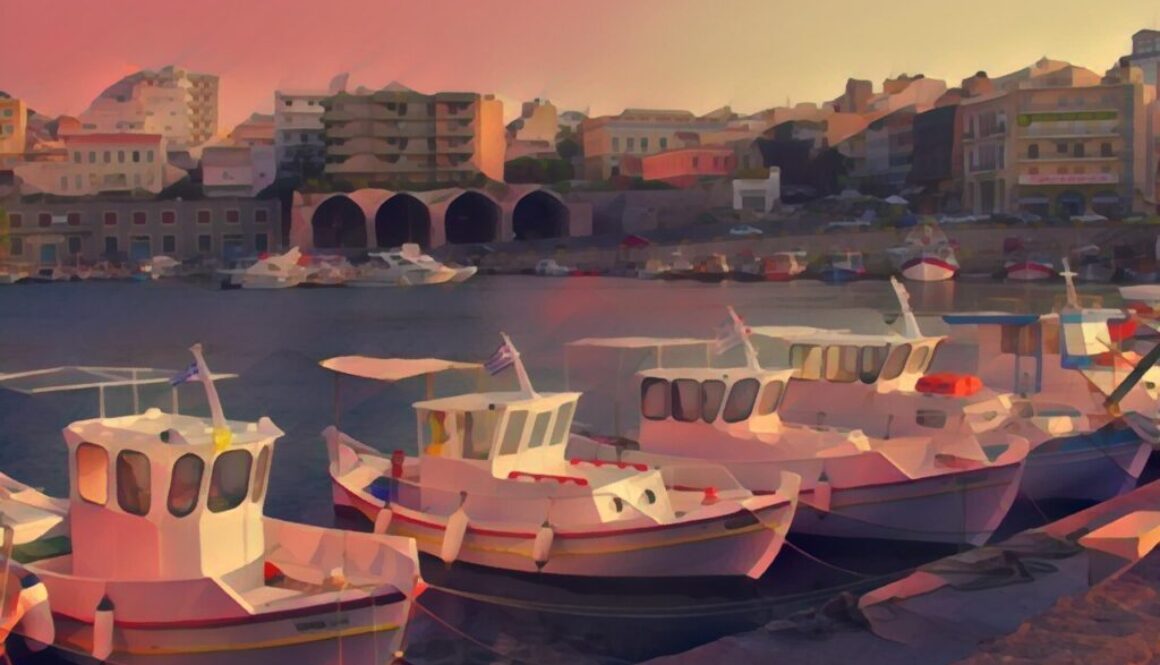
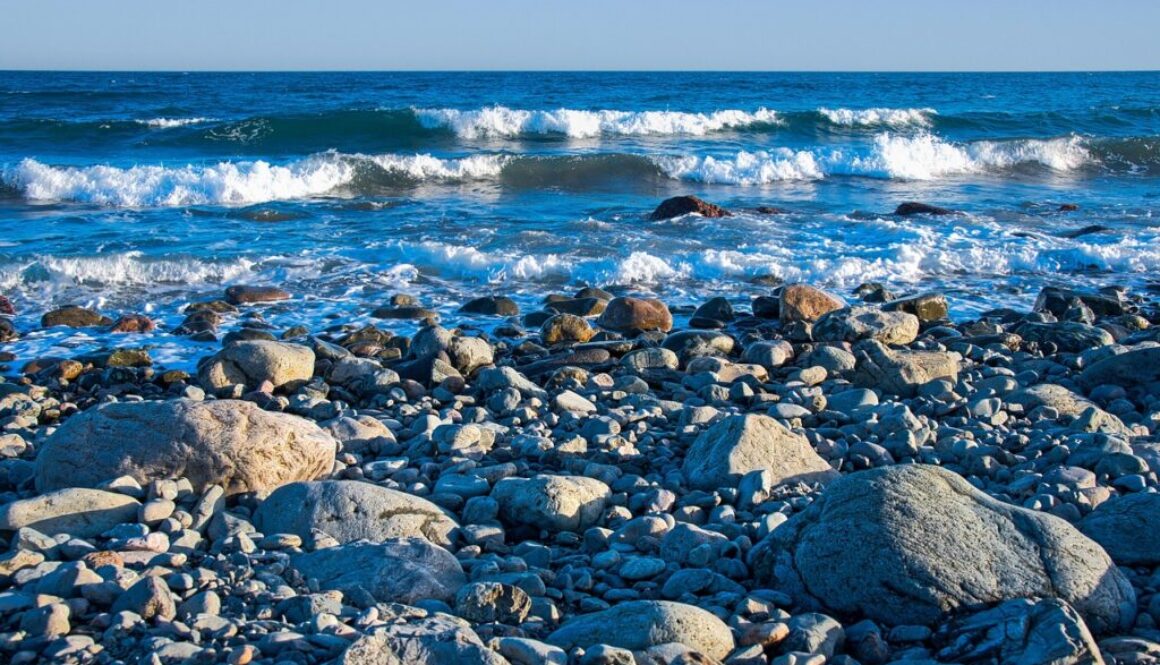
 LIFE’s President Gwen Pennarun and the Secretariat, together with our partner organisation Blue Ventures, met with Costas Kadis and his Cabinet to advance discussions under the
LIFE’s President Gwen Pennarun and the Secretariat, together with our partner organisation Blue Ventures, met with Costas Kadis and his Cabinet to advance discussions under the  A delegation from the Fishing Prud’homies of Mediterranean France visited Brussels to engage in discussions with Commissioner Costas Kadis and Members of the European Parliament. The meetings addressed the pressing challenges faced by small-scale fisheries and coastal communities.
A delegation from the Fishing Prud’homies of Mediterranean France visited Brussels to engage in discussions with Commissioner Costas Kadis and Members of the European Parliament. The meetings addressed the pressing challenges faced by small-scale fisheries and coastal communities.
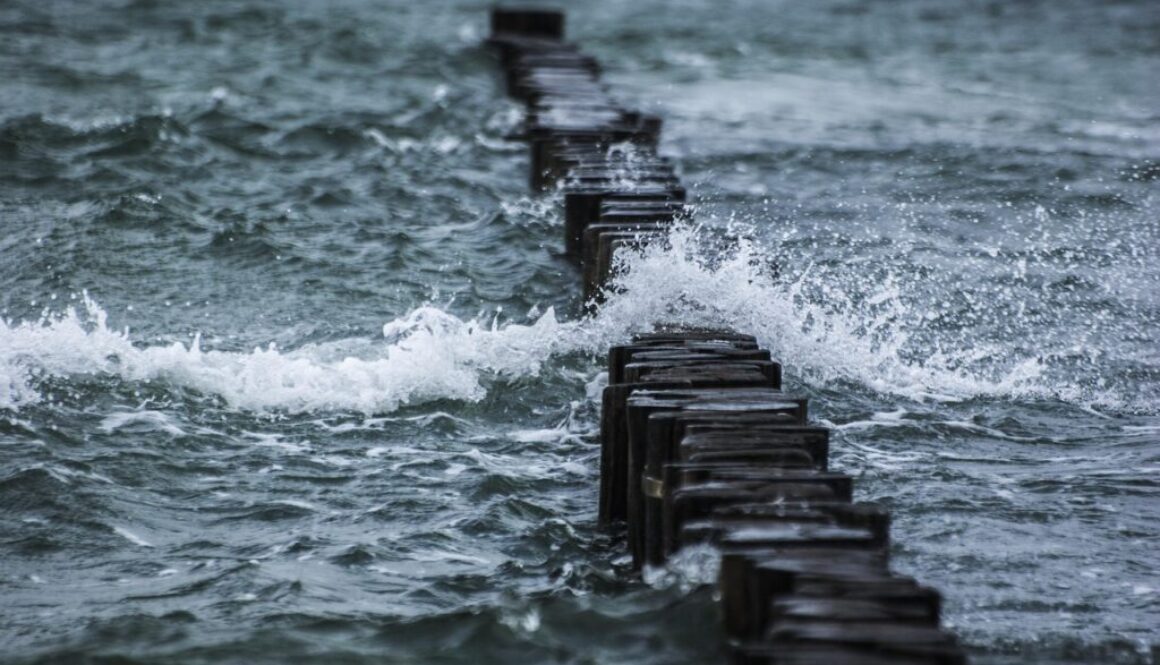
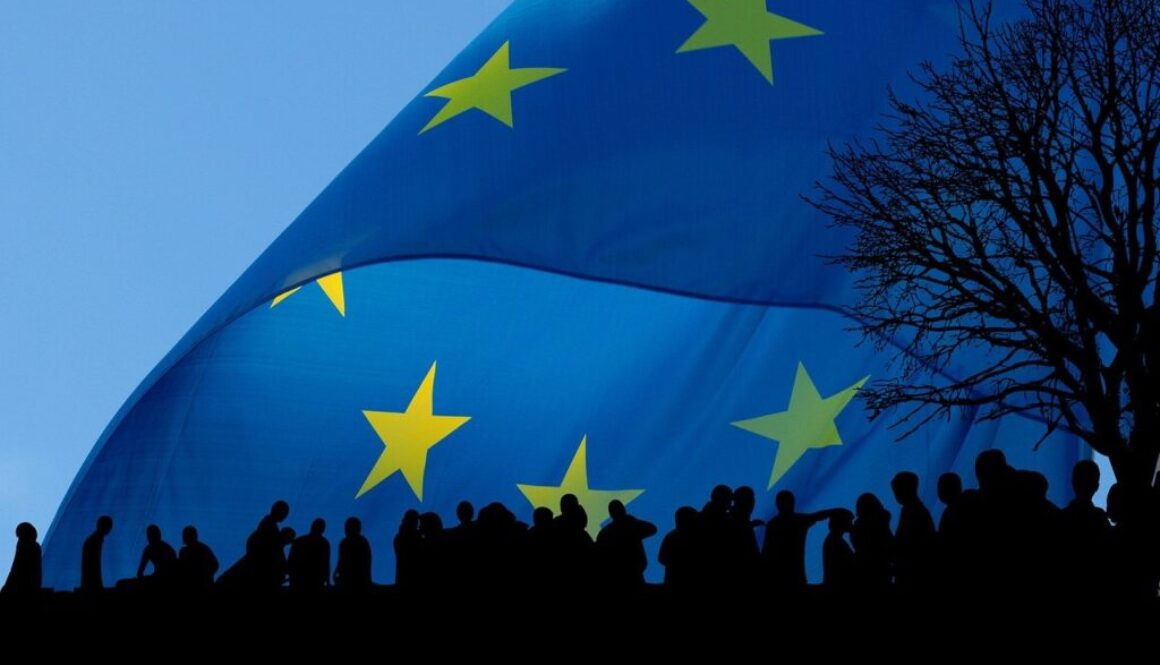
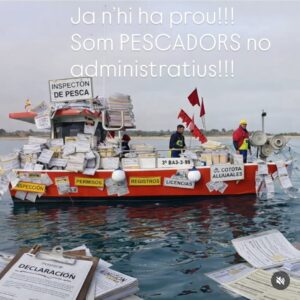
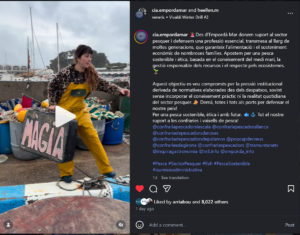
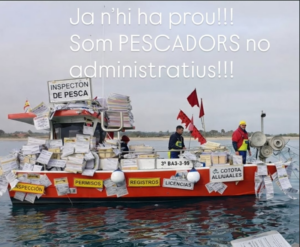



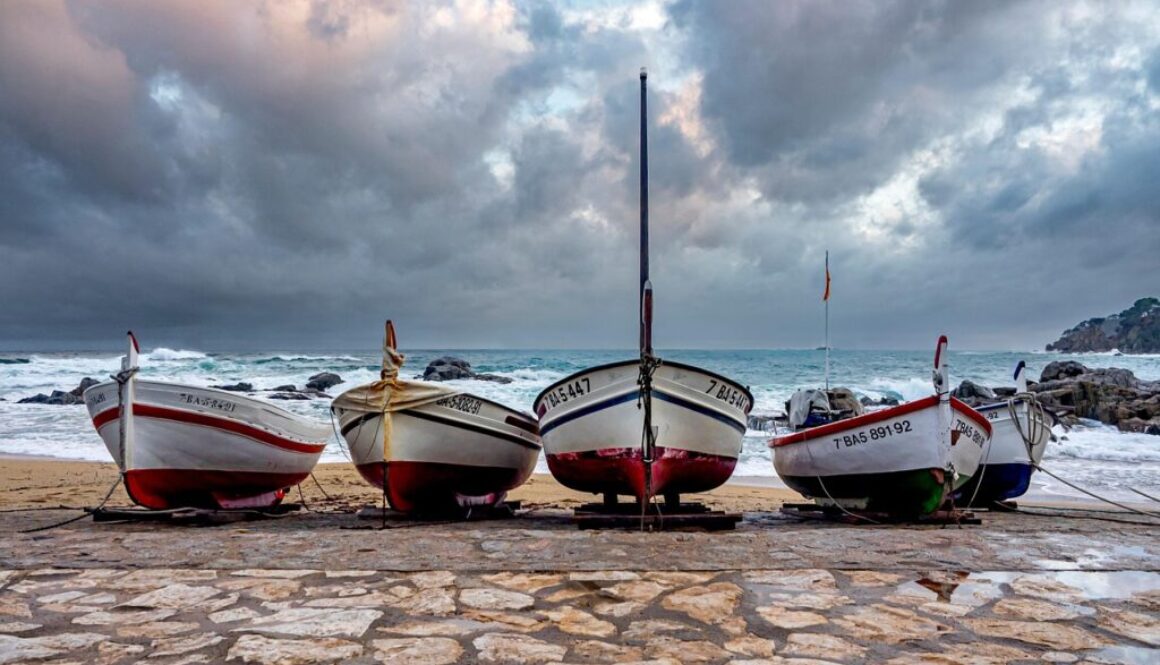

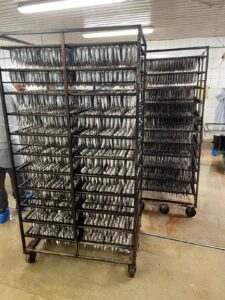
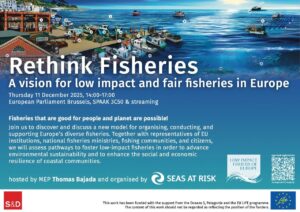


 LIFE actively participated in this year’s
LIFE actively participated in this year’s  22/10 LIFE members excluded from market as they lack MSC certification
22/10 LIFE members excluded from market as they lack MSC certification